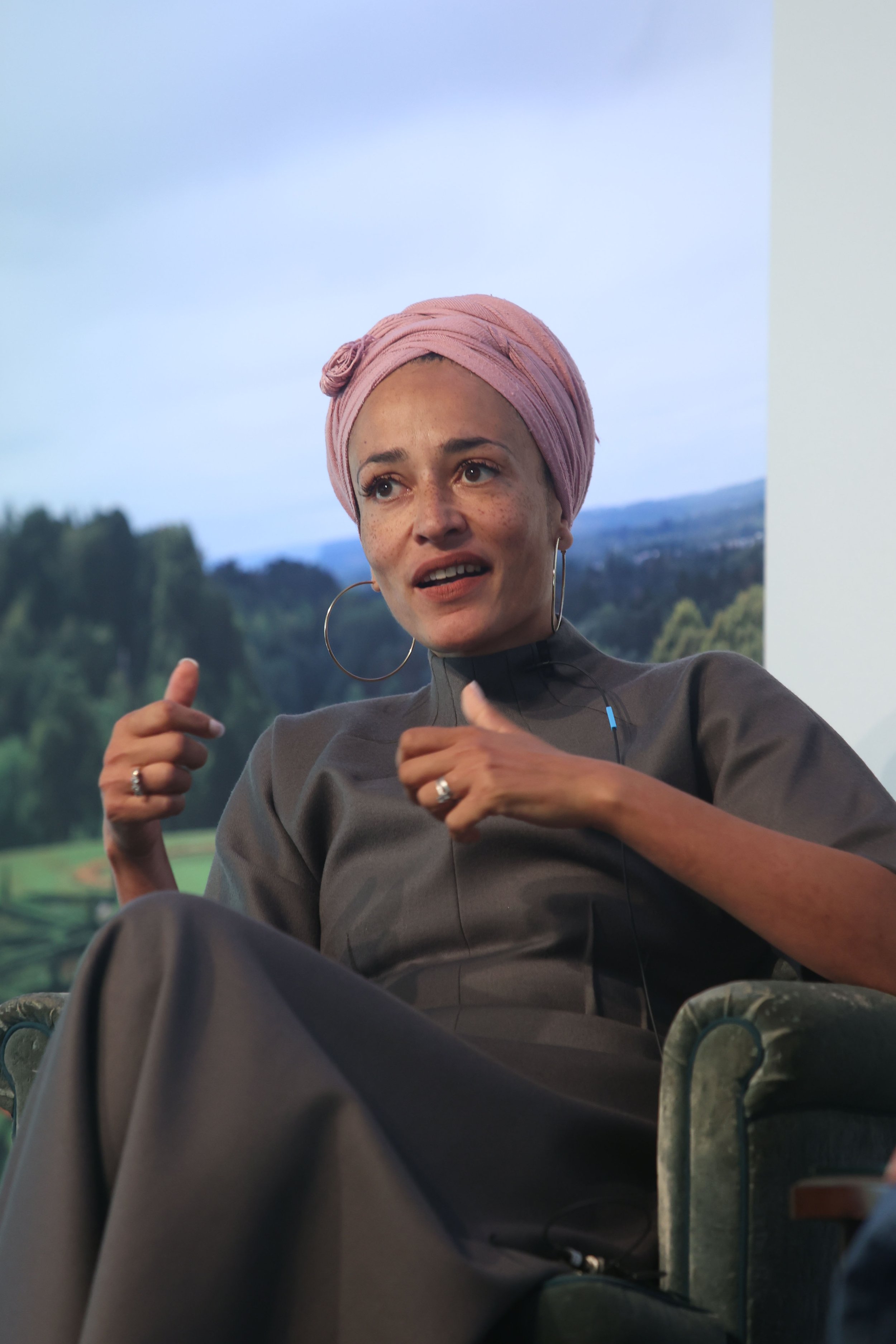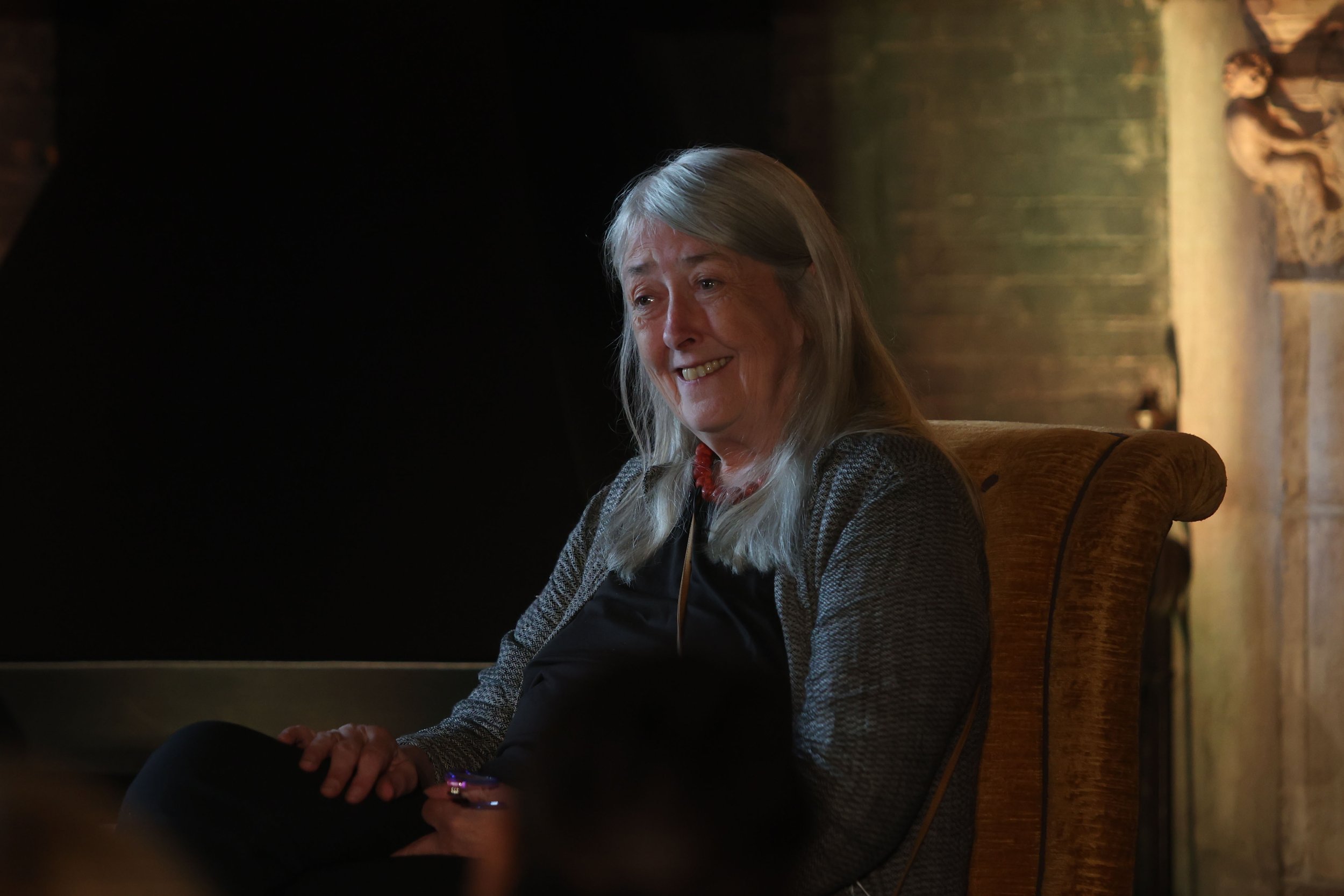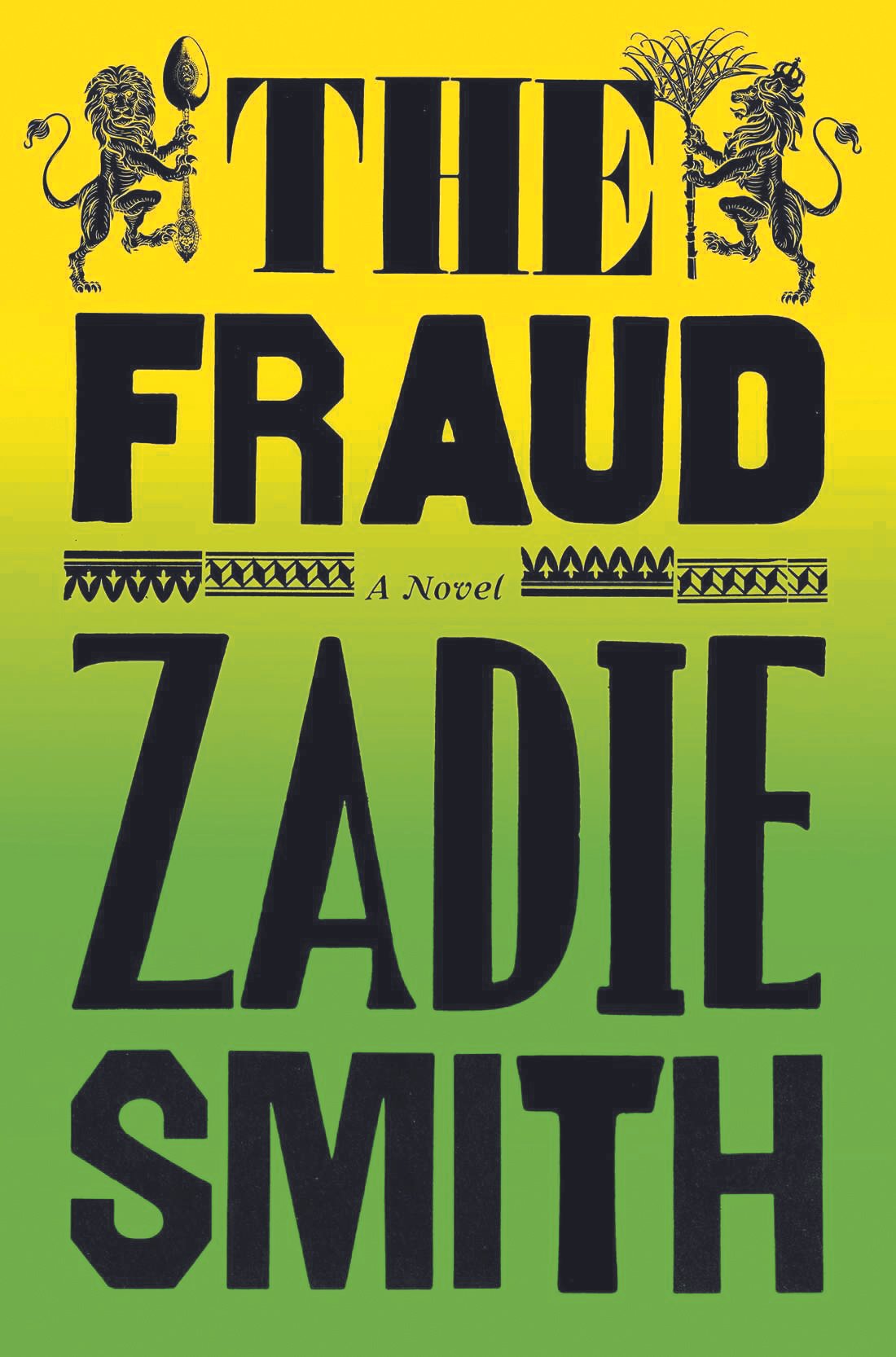Cliveden Literary Festival 2023
‘Renowned as a forum for lively discussion, innovative ideas, and political debate, Cliveden Festival is also undeniably glitzy’
Renowned as a forum for lively discussion, innovative ideas, and political debate, Cliveden Festival is also undeniably glitzy – perhaps unlike any literary event I have been to before, Cliveden attracts an affluent and elegant crowd. Hosted at the iconic Cliveden House in Berkshire, an Italianate mansion overlooking sweeping lawns, and sponsored this year by Chanel, the festival is undoubtedly glamorous.
While I may have felt a little bit like a fish out of water, the talks didn’t disappoint. With an impressive line-up of speakers and panel discussions, from Zadie Smith on warring with Dickens to Maggie O’Farrell on craft, creation and revenge, and Mary Beard on bread, circuses and Caesars, it was a surprising day of new things learned and discovered. Explore more about the events we had the pleasure of attending below.
From White Teeth to Killing Charles Dickens: Zadie Smith talks to Merve Emre about her dazzling career and first foray into historical fiction
Zadie Smith made her epic return with the historical novel The Fraud this September, a multi-layered saga inspired by the real events of a nineteenth-century imposture trial concerning the missing heir to the Tichborne baronetcy and the formerly enslaved Andrew Bogle, a key witness. Centring on Eliza Touchet, a Scottish housekeeper and a sceptic of Dickens, The Fraud is about truth and fiction, Jamaica and Britain, fraudulence and authenticity.
Zadie Smith took to the stage to kick off the day, interviewed by Merve Emre. After seeing her speak earlier that month, my belief that we can always learn from Zadie Smith was solidified. She is sharp and profoundly intelligent, sure of herself and her views, fiery and full of zeal. This is perhaps why she has chosen to take on Charles Dickens in her latest novel The Fraud. As we spoke of in this issue’s retrospective on Zadie Smith, she refuses to be a token piece or representative when it comes to multiculturalism, and this is the same for her historical novel which tackles race and colonialism in Victorian Britain with complexity. More importantly, she spoke of how language and the categorisable nature of modern society can itself be very limiting.
The Fashion Manifesto: How Gabrielle Chanel Revolutionised the way Women Dress
Director of the V&A, Tristram Hunt, Chanel biographer, Justine Picardie, and Curator of Modern Textiles & Fashion at the V&A Oriole Cullen sat down to discuss the personal history of Gabrielle Chanel, from nunnery to revolutionary female fashion connoisseur and the establishment of the House of Chanel. It was fascinating to hear about her early life, and how the shapes and textiles of the nunnery she spent a large portion of her childhood in informed her later cuts and patterns. Be sure to check out the V&A exhibition Gabrielle Chanel. Fashion Manifesto if you get a chance!
The Fables of Maggie O’Farrell: Author of Hamnet and The Marriage Portrait Discusses a Life in Literature with Martha Kearney
Next up was Martha Kearney in discussion with the brilliant Maggie O’Farrell – another author who has been the subject of an nb. Magazine retrospective. Maggie is a calm and inspiring presence to share a room with, albeit from a distance.
Her latest novel, The Marriage Portrait, is another work of historical fiction (following Hamnet, set in Shakespeare’s England), weaving a vivid tapestry of the courts of Renaissance Italy. Lucrezia, third daughter of Cosimo de’ Medici, is unwittingly married off to Alfonso d’Este, barely having left girlhood behind, and forced to navigate his unpredictable and violent nature. Maggie spoke of this as her revenge novel; ‘I am coming for you’ she chimes.
From Selfies to Sculptures: One of the Founders of the British Contemporary Art Scene, Acclaimed and Multi-talented Marc Quinn talks to Alice Thomson about the Evolution of his Art
Iconic contemporary artist Marc Quinn was forthright, honest, and down-to-earth, discussing his life’s work and artistic journey. Quinn’s sculptural work, including his living blood sculpture, is about turning classics on their head and embracing paradoxes. Speaking of his sculptures of Kate Moss and Alison Lapper, his frozen flower exhibit, and his fascination with form and transition in his works, the talk was a look at art as a cultural concept. ‘You like something, so you destroy it to preserve it’, says Quinn, speaking of the paradoxes inherent in art.





